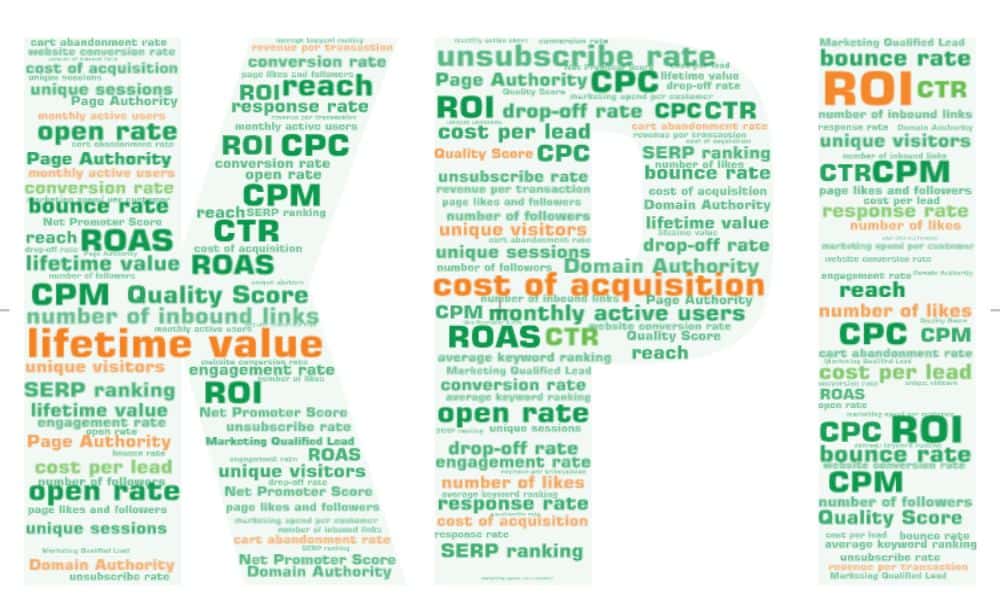Marketing of any kind is challenging. But it can be harder for services, and for B2B organisations, to find help. Most academic marketing study is focused on the marketing of consumer goods, so the specific challenges of service marketing are just a footnote.
If you run a service businesses and you’re not a marketer by training, you may never have thought about the differences between service marketing and product marketing. But it’s something you need to be aware of before you start looking for marketing help. Whether you want a consultant or a staff member, you need someone who knows how product and service marketing differ. Someone with experience of the main features of service marketing.
In order to assess that, you need to understand the key points yourself. That’s what this post aims to teach you.
Understanding how a service is different
A product is a physical thing, something you can touch. Usually something you buy and take away. Services are different. But how? And why does it matter? The easiest way to explain is to use an example.
Let’s look at wedding photography.
It’s intangible.
You will get images of some sort as an end result, but they’re not necessarily a physical product. You can turn them into a physical product. A wedding album. A calendar. A fridge magnet. You may even get one or more of those physical products as part of your overall service package. But what you are really buying is the time and expertise of your photographer. The ability to create great images and memories of your special day.
It’s variable.
The photos of your wedding will not be the same as the photos of anyone else’s wedding.
- The circumstances are different. The location. The weather. The guests. The time of day.
- The photographer is (usually) different. Even if two wedding parties use the same photographic studio, the individual photographer on the day may not be the same. Stylish Sally and Winsome Will have different shooting styles.
- Even the same photographer may deliver differently on different days. Maybe Stylish Sally has a stinking cold and doesn’t want to be out in the rain. She’ll do her best to deliver a great job, but she may not have the easy touch she does on a sunny day when she’s feeling fine.
Intangibility and Variability make it hard for customers (and service providers, too) to set expectations and define quality.
- How do you know, in advance, that you’re going to get great photos of your wedding? You don’t. You can’t test them. How do you know which service provider to trust?
- How do you compare one offering to another?
- What if you don’t like the end result? Are you entitled to a full refund? Sally has already spent all that time and effort on your wedding. You can’t give it back or get it exchanged, the way you would a camera or a washing machine which didn’t work.
- How do you assess the quality anyway? What’s the objective standard for a ‘good’ or a ‘great’ wedding photo?
It’s inseparable.
You went with Stylish Sally over Winsome Will. If Stylish Sally is sick on the day and sends Winsome Will instead, you won’t be happy. The photography service is inextricably linked to the person providing it.
It’s also linked to the wedding. The photographer has to be at the wedding – there’s no other way to get the photos. And the customer – the bride, the groom, their families and friends – are equally linked. The customer is, in a very real way, part of the service.
It’s perishable.
There’s no way to ‘stock up’ on a service. No way to store inventory. Your wedding is a one-off event, and everything you want, including your photographer, has to be available on that day.
Inseparability and Perishability present other challenges for services which don’t apply to products.
Quality
If your service is dependent on the customer, how do you ensure consistent quality? It’s obvious for photography, but it’s equally applicable in other service businesses. If you’re supporting an IT network and your client has a 7 year old server and won’t invest in a new one, how do you ensure reliability? What if you’re completing a tax return and they won’t provide receipts and details of expenses? NoBull provide marketing services. We need to know who your target client is. The answer ‘everyone’ doesn’t help – but we’ve had clients say that! (At least at the beginning, we work to pin them down.)
Scheduling
Most weddings are on Saturdays. A specialist wedding photographer may be turning work away because he’s booked every weekend for the next 12 months, but still have nothing to do from Monday to Friday.
Growth and scalability
You only have so many hours. You can’t just get more of your service produced. You can take on staff, but then you have to handle the ‘variability’ issue all over again. How do you ensure your new staff are delivering to the same standard? And how do you recoup the overhead you spend training them?
You can use incentives like variable pricing to spread the demand a bit, but that raises a whole set of other issues.
Pricing
A cake costs the same on Monday as it does on Saturday. Does a photographer? Probably not. But how much should the price difference be?
What about your new junior photographer, who’s handling your overflow work? You vouch for his work, but he’s not you. Your customers aren’t quite so confident. Would a lower price get him more work? Or would it cut into your margin too much? Would it make people think you were overcharging for your own time and expertise?
…and how do you handle the client with champagne tastes and a beer budget?
Payment terms
For most products, you pay and you take the product away. Or you pay online and it’s delivered soon after. (If it’s a high price item like a car, you may get financing to spread the cost. But that’s an add-on service, which you pay extra for. It’s not the product itself.) But what happens with a service? No one wants to be paying the photographer at the wedding itself.
- Some services are completely prepaid, like concert tickets.
- Others are generally paid for afterwards. You get a bill after you’ve eaten your meal, not before.
- Many have more complex terms, including a deposit and a final payment. When you stay in a hotel, you generally give a credit card in advance, then settle up on departure.
With a service, once it’s delivered, you can’t get it back. There’s risk for the customer if they don’t get what they want and they’ve paid already. There’s risk for the provider if nothing is paid upfront. Payment terms are a way of balancing those risks.
***
You may consider some of these issues to be ‘general business’ rather than marketing-specific. It’s true, they do affect the whole business. But they also affect marketing. They influence how you communicate with customers and prospects. The offers you promote. The credibility and value of your brand. Your position in the market compared to your competition. For all these reasons, they are challenges of service marketing.
Anyone you hire to do marketing needs to understand these issues, and know the commonest strategies to overcome them. That’s what we’ll cover in our next post.






